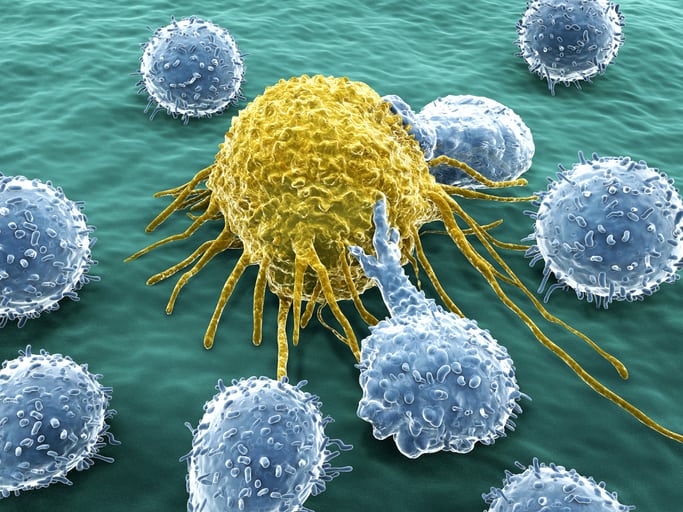Endocrine-driven malignancies, including breast and prostate cancer, are among the most common human cancers. The relationship between sex steroid hormones (eg, androgen, estrogen, and progesterone), their cognate receptors, and genomic stability lie at the center of endocrine-driven cancer development, progression, and therapeutic resistance. A variety of direct and indirect mechanisms have been described that link steroid hormone signaling to the loss of genomic integrity that drives early carcinogenesis. These effects are often enriched within endocrine receptor cistromes, accounting for the high proportion of mutations and rearrangements in the region of hormone response elements. In other cases, the effects are generalized and rely on a complex array of genetic, epigenetic, and metabolic interactions. Both androgen and estrogen receptors directly modulate the DNA damage response by trans-activating DNA damage response genes and redirecting the cellular repair machinery in the wake of genotoxic stress. Here we review the key mechanistic underpinnings of the relationship between sex steroid hormone receptors and genomic stability. In addition, we summarize emerging research in this area and discuss important implications for cancer prevention and treatment.© The Author(s) 2020. Published by Oxford University Press on behalf of the Endocrine Society.
The Nexus of Endocrine Signaling and Cancer: How Steroid Hormones Influence Genomic Stability.


